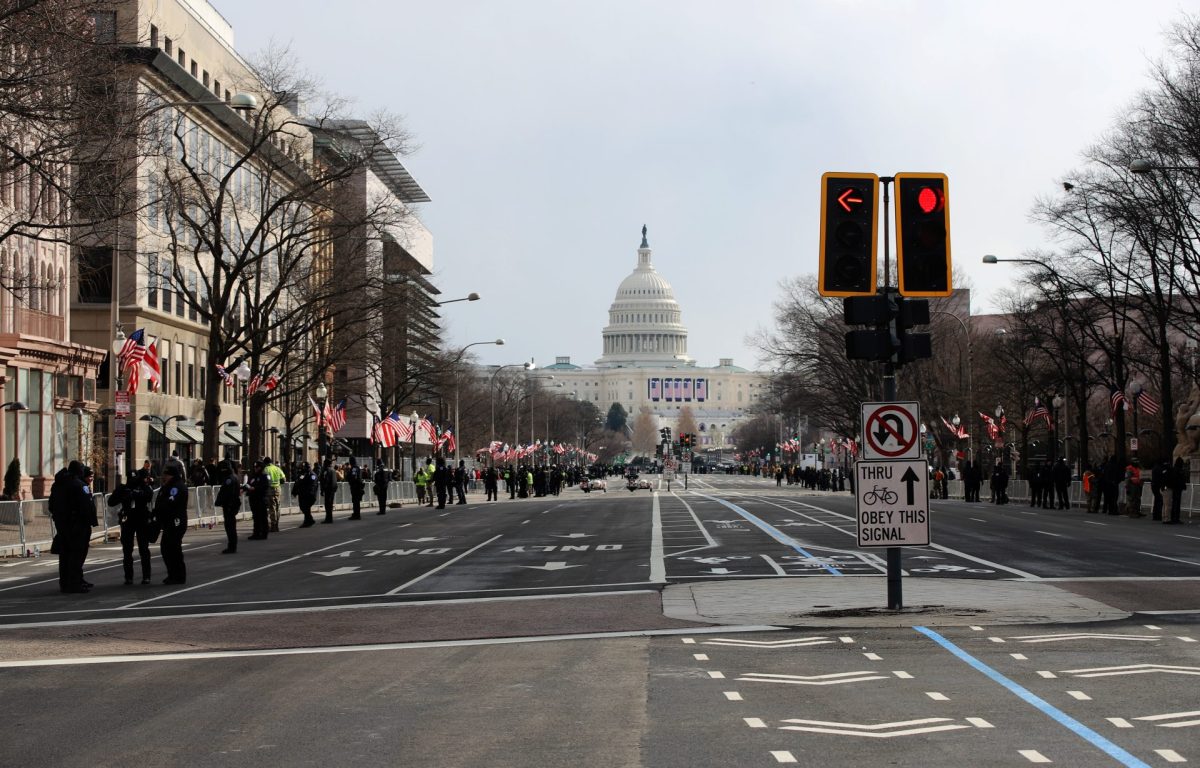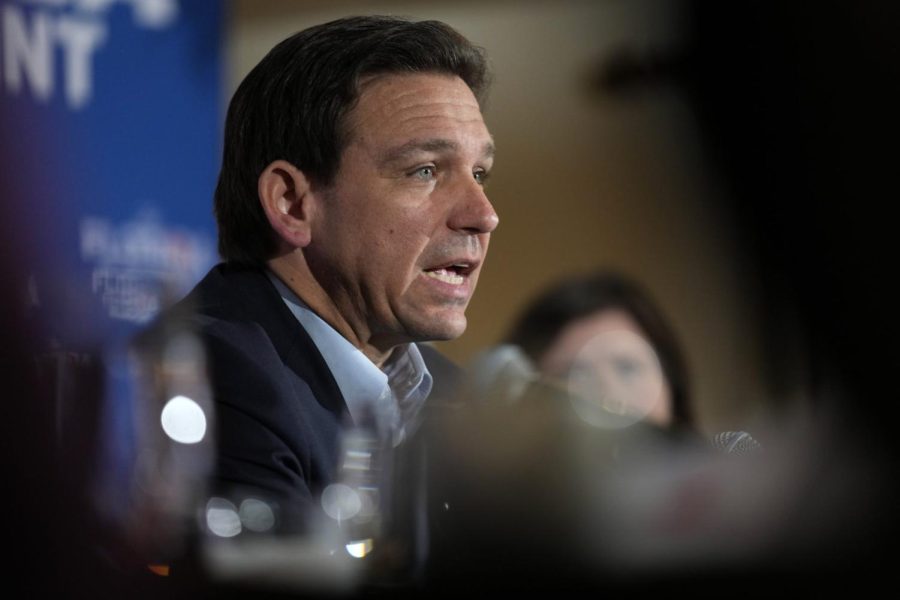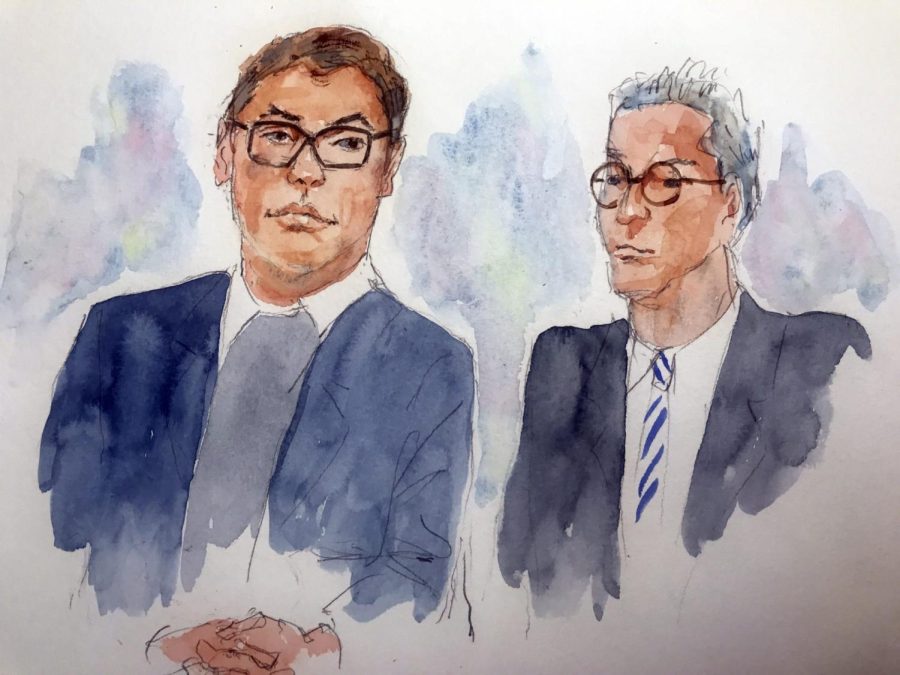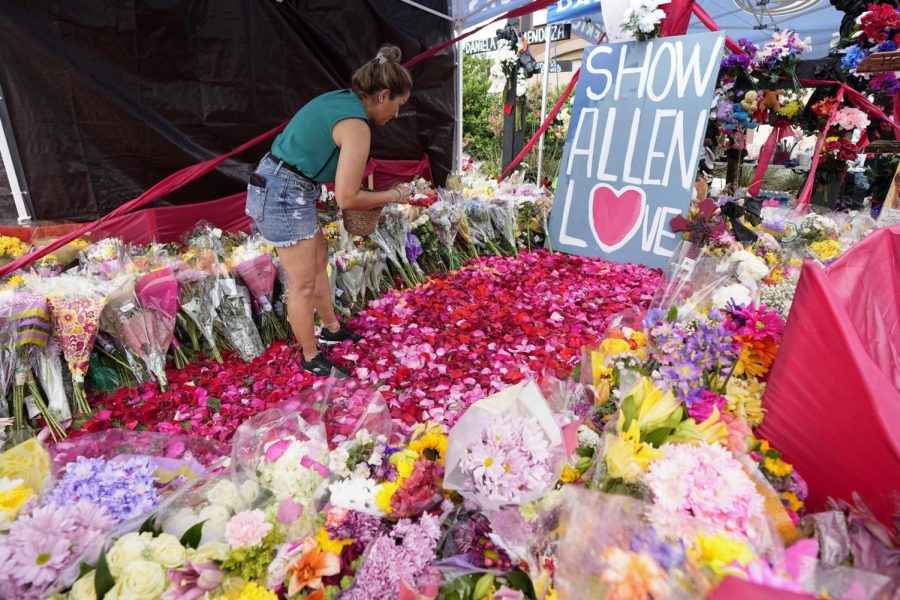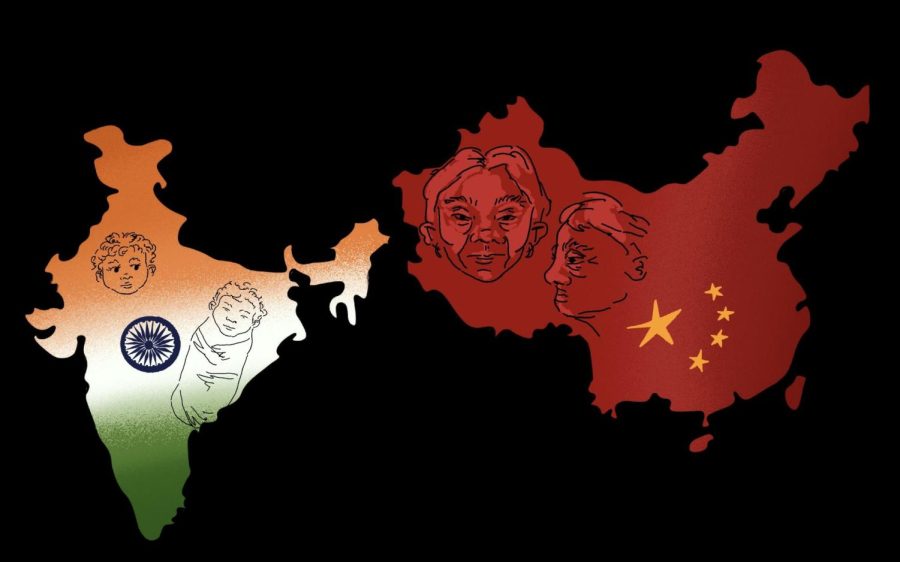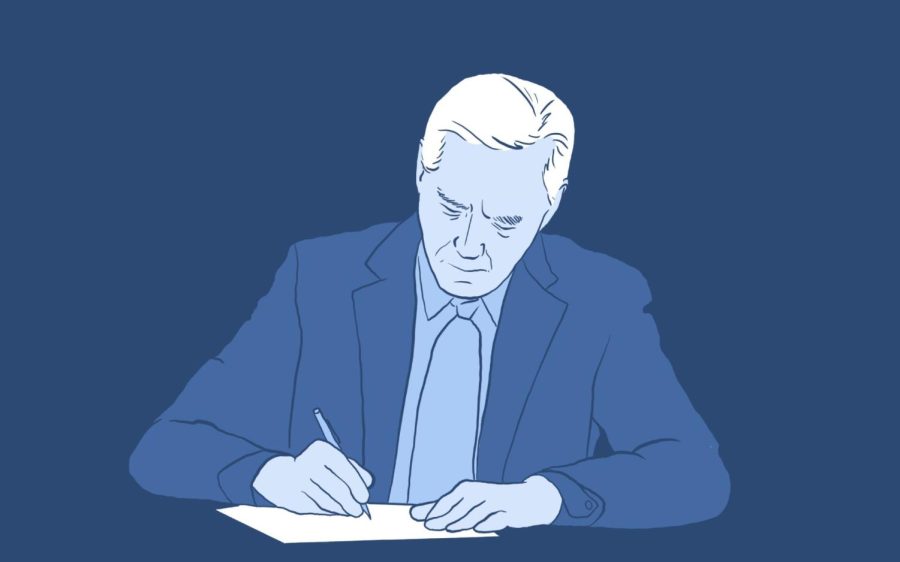There are many ways to define the word strong. Among them: not easy to break or damage. In the aftermath of last year’s Boston Marathon bombings, the strength of the people of Boston was on full display.
Through acts of heroism and resilience to adversity, the city and the nation united under an emotional rallying cry known as “Boston Strong.” The origin of the phrase is hard to pinpoint, as it caught on like a raging wildfire. Roots, however, could be found in an idea a few college students at Boston’s Emerson College had. Within a few hours after the tragedy, they decided to make T-shirts with the phrase printed on it.
They then donated the proceeds to a fund supporting the victims, according to New England Sports Network. The trend continued to grow as politicians, athletes, celebrities and everyday people started evoking the phrase on social media, in speeches and in merchandise. It has effectively become the city’s rallying cry.
“For me, ‘Boston Strong’ gives me a very emotional type of pride and the words evoke a sense of belonging to a community. The unity and support that was seen when the marathon bombings occurred was not unexpected in my eyes,” Anna Kelly, an office manager who grew up in the Boston area, said. “I know the people from that city and the surrounding area, I’m one of them, and it was amazing to see the culture that we have there really bring everyone together in the wake of such a terrible event.”
Monica Wentworth, a student at Boston College, was in the city that day for the marathon. “I was cheering on the runners at mile 21, where my school, Boston College, is located along the marathon route,” Wentworth said. “One of my friends had just run by, and my friends and I decided to go to the dining hall to get some food. We walked into the dining hall and I realized that it was silent and saw that everyone was crowded around the TV.”
“I remember someone telling me that bombs had just gone off at the marathon finish line and I couldn’t believe what I was seeing, it all seemed unreal,” Wentworth said. “I remember feeling a giant pit in my stomach and all of the excitement of the day suddenly turned into panic, as I wondered where my friends were and if they were safe.”
This panic could describe the entire city at that point. And little did many Bostonians know at the time that the ordeal was not over. The prime suspects were not in custody, which led to a tense next day and a half. After killing Massachusetts Institute of Technology police officer, Sean Collier, the two suspects carjacked a sports utility vehicle, got into a firefight with police that resulted in the death of one of them, while the other fled. This led to a massive manhunt that effectively shut down the city.
“The next morning I woke up to a text telling us that classes were canceled and that we were to shelter in place in our dorms,” Wentworth said. “I immediately turned on the TV and realized that the whole city was in lock down.”
“My eyes were glued to the TV that day watching everything unfold,” Wentworth said. “We were only allowed to leave our dorms when we were escorted by police to the dining hall to get food.”
Later that day, April 16, the suspect was found and taken into custody. After a harrowing two days, the city finally could breathe a collective sigh of relief. However, the process of recovering was just beginning. Part of that process was and still is Boston Strong.
“‘Boston Strong’ symbolizes the attitude of Bostonians and their determination to never back down,” Wentworth said. “The phrase symbolizes the sense of camaraderie that the people of Boston feel and their loyalty to their city and to each other.”
However, like any significant movement, there is some controversy. Some companies have attempted to trademark the phrase in order to make a profit, while others are concerned about how “Boston Strong” has soaked up much of the resources that would otherwise go to other charitable organizations. Many other charities throughout Massachusetts have seen a dip in donations since the event occurred.
“People marketing and selling items for the money and not the cause is really disappointing,” Kelly said. “The phrase was coined and is known for the charity fund that was established for the victims and their families.”
Wentworth is concerned that the phrase may lose its meaning if overused.
“Everywhere you look you see this phrase, from T-shirts to social media,” Wentworth said. “It may become easy for people to forget the situation out of which the phrase was born and begin to apply it in other contexts.”
Although there are concerns with the use of the phrase, for most Bostonians, the positive outcomes outweigh any worry.
“It is hard to understand if you’re not from the area, but we really are one city, and I’m proud to be Boston Strong,” Kelly said.

